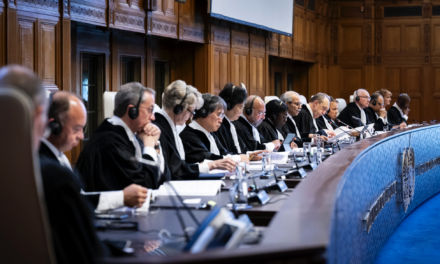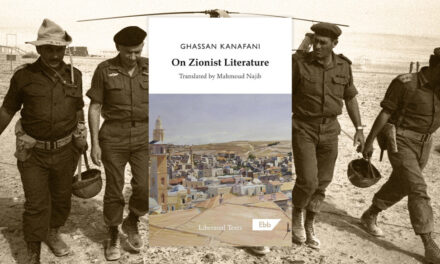Leaders of the minority community in Sri Lanka have called on United Human Rights Council (UNHRC) members to address the discrimination policies faced by minorities in the island nation as the rights body voted on a draft resolution that expresses “serious concern” about the country’s deteriorating human rights situation.
As Sri Lanka has faced massive criticism from human rights groups and regional governments for alleged discrimination against the Muslim minority, 47 countries, including Pakistan and Bangladesh, which are states with Muslim-majority populations, voted in Geneva Tuesday.
U.N. human rights boss Michelle Bachelet was given a mandate to collect and preserve information and evidence of war crimes committed during Sri Lanka’s long civil war that ended in 2009. The Human Rights Council adopted a resolution, introduced by Britain on behalf of a core group of countries, strengthening her office’s capacity to investigate with a view to future prosecutions. The vote was 22 countries in favor, with 11 against, including China and Pakistan, and 14 abstentions, including India.
Sri Lanka’s policy of forced cremation of Muslims who died of COVID-19 caused a backlash last year, with international human rights groups and U.N. human rights experts denouncing the move. Muslims across the country, who make up around 10% of the population, opposed the decision, arguing that it prevented them from following the funeral traditions.
However, in February the government revoked the decision and allowed the burial of the bodies of those who died from the coronavirus. Although heads of Muslim nations, including Pakistani Prime Minister Imran Khan, welcomed the rollover, some pointed out that the decision showed the Sri Lankan government’s “hypocrisy.”
“Muslim member countries of the UNHRC should not fall for this trap,” Jaffna University lecturer Mahendran Tiruvarangan said, adding that discrimination against minority groups has intensified since the new regime came into power, according to Al-Jazeera’s report.
Another issue that prompted widespread outcry is a proposal that calls for a ban on the wearing of the burqa, an all-covering robe worn by some Muslim women, in the country. Earlier this month Public Security Minister Sarat Virasekara announced that the document approving the veil ban has been signed. He added that the government will “definitely” put restrictions on the wearing of the garment. However, after international outrage over the attack on human rights and freedoms Sri Lanka rushed to clarify that no decision has been taken to ban the burqa, with Foreign Secretary Jayanath Colombage saying that “it is merely a proposal, which is under discussion.” He asserted that the government will initiate a broader dialogue with all parties concerned, he asserted.
“Sufficient time will be taken for necessary consultations to be held and for consensus to be reached,” he added.
The Independent Permanent Human Rights Commission (IPHRC) of the Organisation of Islamic Cooperation (OIC) condemned the move.
“The OIC-IPHRC condemns Sri Lankan ministers’ statement to ban burqas and madrassas being violative of Art. 18 & 27 of ICCPR, which guarantees minorities the right to freely profess, practice and manifest their religion,” the OIC human rights body said earlier in March, referring to the International Covenant on Civil and Political Rights.
It added the IPHRC urges the Sri Lankan government “to publicly denounce such discriminatory and Islamophobic statements and desist from any measures against law-abiding Muslims that negate the spirit of pluralism and contravene international human rights law.”
Pakistan’s Ambassador to Sri Lankan Saad Khattak said the ban would “only serve as injury to the feelings of ordinary Sri Lankan Muslims and Muslims across the globe.”
“At today’s economically difficult time due to the pandemic and other image-related challenges faced by the country at international fora, such divisive steps in the name of security, besides accentuating economic difficulties, will only serve as a fillip to further strengthen wider apprehensions about fundamental human rights of minorities in the country,” Khattak wrote on Twitter.
Ahmed Shaheed, the U.N. special rapporteur on freedom of religion or belief, tweeted: “Burka bans are incompatible with international law guarantees of the right to manifest one’s religion or belief and of freedom of expression!”
In the recent report, Islamophobia/Anti-Muslim Hatred to Eliminate Discrimination and Intolerance Based on Religion or Belief, Shaheed remarked: “Muslims often feel stigma, shame and a sense that they are ‘suspect communities’ who are being forced to bear collective responsibility for the actions of a small minority.”
He added bringing essential services including education and care sectors within the national security apparatus disproportionately heightens surveillance of Muslims. Shaheed emphasized that such government policies suppress the ability of Muslims to freely be Muslim.














